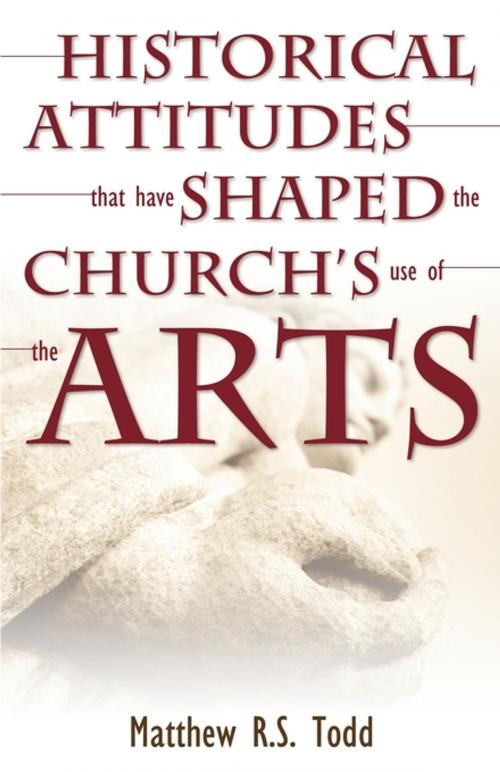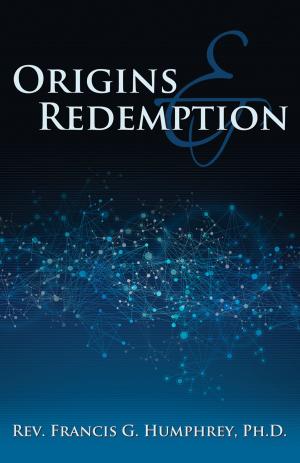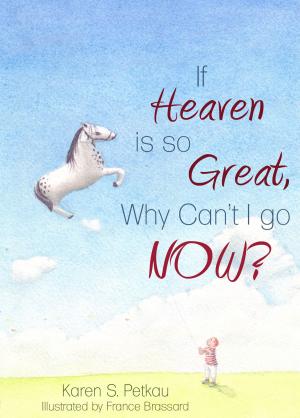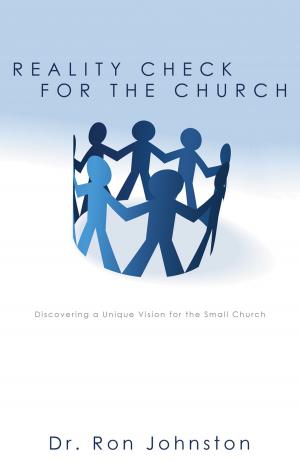Historical Attitudes that have Shaped the Church's Use of the Arts
Nonfiction, Religion & Spirituality, Reference, Ritual & Practices, Christianity, Christian Literature| Author: | Matthew R.S. Todd | ISBN: | 9781770691629 |
| Publisher: | Word Alive Press | Publication: | March 25, 2010 |
| Imprint: | Word Alive Press | Language: | English |
| Author: | Matthew R.S. Todd |
| ISBN: | 9781770691629 |
| Publisher: | Word Alive Press |
| Publication: | March 25, 2010 |
| Imprint: | Word Alive Press |
| Language: | English |
Matthew Todd reflects on two millennia of religious action, reaction, and inaction with the arts. His composition mines the question, "What attitudes have shaped the Church's use of the arts?" The book briefly addresses a range of diverse attitudes encompassing the disciplines of theology, philosophy, sociology, humanities, aesthetics and psychology. A panorama of attitudes are winnowed out from historical epochs in the Ancient, Medieval, Reformational and Modern/Postmodern Church. What emerges is that the Church's attitudes towards the arts is mixed and deeply impacted by secular practices, renewal, philosophical movements, and theological interpretation. Two things can be stated at the outset: first, the Church's attitudes towards the arts have not been conceived in a vacuum. Secondly, as C.S. Lewis pointed out, when "Christian activities have been directed toward this present world... the arts (have) tended to flourish in its neighborhood." This is the first book I've seen that shows the diversity of attitudes that have shaped the Church's involvement in the arts to the present day. The Church's attitudes towards the arts have often been shaped by various movements and interpretations. Often today I find Christians largely unaware of how much Western culture has been shaped by Christian values. Matthew helps us get a more informed perspective. Dal Schindell, Instructor in Art & Christianity, Director of the Lookout Gallery, Regent College
Matthew Todd reflects on two millennia of religious action, reaction, and inaction with the arts. His composition mines the question, "What attitudes have shaped the Church's use of the arts?" The book briefly addresses a range of diverse attitudes encompassing the disciplines of theology, philosophy, sociology, humanities, aesthetics and psychology. A panorama of attitudes are winnowed out from historical epochs in the Ancient, Medieval, Reformational and Modern/Postmodern Church. What emerges is that the Church's attitudes towards the arts is mixed and deeply impacted by secular practices, renewal, philosophical movements, and theological interpretation. Two things can be stated at the outset: first, the Church's attitudes towards the arts have not been conceived in a vacuum. Secondly, as C.S. Lewis pointed out, when "Christian activities have been directed toward this present world... the arts (have) tended to flourish in its neighborhood." This is the first book I've seen that shows the diversity of attitudes that have shaped the Church's involvement in the arts to the present day. The Church's attitudes towards the arts have often been shaped by various movements and interpretations. Often today I find Christians largely unaware of how much Western culture has been shaped by Christian values. Matthew helps us get a more informed perspective. Dal Schindell, Instructor in Art & Christianity, Director of the Lookout Gallery, Regent College















